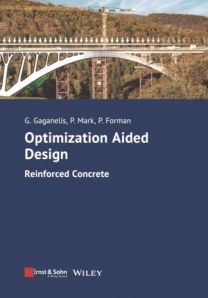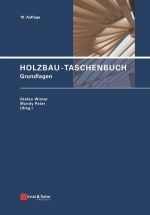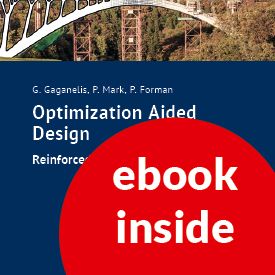Description
Reinforced concrete (RC) is the dominating building material and contributes to resource consumption and climate change. The book provides methods to design the outer and inner shape of RC with minimal use of material. Many examples show the application in theory and practice.
About the author
Georgios Gaganelis is a structural designer for civil engineering structures and a freelance consultant in structural optimization. 2020 he received his PhD at the Ruhr University Bochum, Germany in the field of optimization strategies for concrete and steel-concrete-composite structures. His research interest focus on topology optimization and material driven steering. A special focus lies on ultra-light structures requiring minimal material efforts.
Peter Mark is a full professor for Structural Concrete at the Ruhr University Bochum, Germany. He is researching on applied optimization methods and lightweight concrete structures since 20 years. He received his PhD in 1994 and the post-doctoral degree in 2006. He is Consultant Engineer and Independent Checking Engineer since 2008 and involved in several bridge, tunnel and building construction projects.
Patrick Forman is a post-doctoral research fellow at the Institute of Concrete Structures at Ruhr University Bochum, Germany. He received his PhD in 2016. More than 10 years he is researching on lightweight shell and beam structures made of high-performance materials using various structural optimization techniques. Currently, he is technical and managing director of an interdisciplinary research centre on adaptive modularized construction methods.





